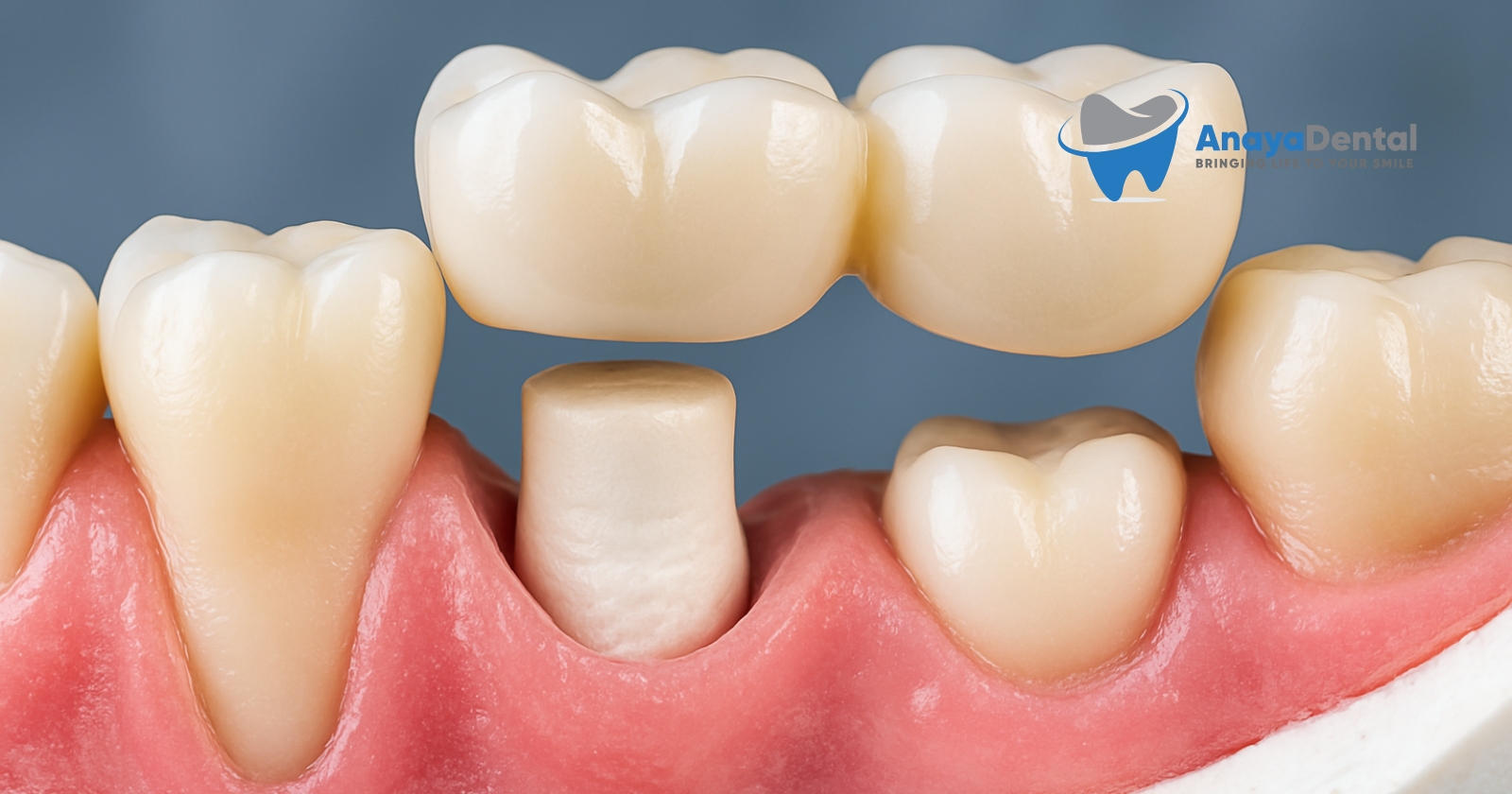Understanding Dental Code D9911: Desensitizing Resin Treatments
Have you ever experienced that sharp, shooting pain when drinking something cold or eating sweets? You’re not alone. Tooth sensitivity affects millions of Americans, and while over-the-counter products offer temporary relief, dental professionals have more powerful tools at their disposal. Today, we’re diving deep into one such solution: dental code D9911, covering the application of desensitizing resin for cervical and root surfaces.
What Is Dental Code D9911?
D9911 is part of the American Dental Association’s (ADA) Current Dental Terminology (CDT), representing a specialized procedure aimed at addressing tooth sensitivity through professional application of desensitizing resin. Unlike home remedies or temporary in-office treatments, this procedure offers longer-lasting relief by mechanically sealing the microscopic tubules responsible for sensitivity.
The code specifically covers resin application to cervical areas (near the gumline) and exposed root surfaces – common trouble spots where sensitivity often develops.
Try Our Dental Calculators
Why Teeth Become Sensitive
Before we explore the treatment, let’s understand why teeth become sensitive in the first place:
When dentinal tubules – tiny channels connecting your tooth’s exterior to the nerve – become exposed due to:
- Gingival recession (receding gums)
- Enamel erosion from acidic foods and drinks
- Aggressive tooth brushing
- Root surface abrasion
These exposed tubules allow hot, cold, sweet, or acidic stimuli to trigger nerve responses, resulting in that characteristic sharp pain you feel. Desensitizing resins work by blocking these pathways and forming a protective barrier against these triggers.
When Is D9911 Treatment Recommended?
Your dentist might recommend desensitizing resin application in several scenarios:
- Cervical abfraction lesions – those notch-like areas near the gumline
- Exposed roots from periodontal disease or aggressive brushing
- Post-treatment sensitivity following dental cleanings, whitening, or other procedures
- Generalized sensitivity that doesn’t respond to over-the-counter products
The Treatment Process
If you’re scheduled for a D9911 procedure, here’s what you can expect:
- Diagnosis and assessment: Your dentist will examine the affected areas and conduct sensitivity tests to confirm the diagnosis.
- Isolation: The area will be dried using cotton rolls or a rubber dam to ensure proper adhesion.
- Surface preparation: A mild etching solution may be applied to enhance resin bonding.
- Resin application: A thin layer of specialized adhesive resin is carefully applied to the sensitive areas.
- Curing: The resin is hardened using a special dental light.
- Final check: Your dentist will verify your comfort and that your bite feels normal.
The entire process typically takes just a few minutes per tooth and is minimally invasive – no drilling or anesthesia required for most patients!
How D9911 Differs From Other Sensitivity Treatments
It’s easy to confuse various desensitizing procedures, so here’s how D9911 compares to other common treatments:
- D9910 (Desensitizing medicament): Covers topical agents like fluoride or potassium nitrate applications, billed per visit rather than per tooth, and offers more temporary relief.
- D1351 (Sealant): Used primarily for cavity prevention on chewing surfaces of back teeth, not for sensitivity treatment.
- Over-the-counter products: Home-use toothpastes and rinses provide temporary, milder relief compared to professional resin application.
Insurance and Cost Considerations
Understanding the financial aspects of this procedure is important:
- Treatment typically costs between $40-$100 per tooth, varying by location and practice.
- Most dental insurance plans recognize D9911 as a billable procedure, but coverage varies.
- Some plans require documentation of medical necessity or have annual limits on applications.
- Pre-authorization may be required by certain carriers.
When discussing treatment with your dental team, be sure to ask about insurance coverage and any documentation they might need from you.
Long-Term Benefits and Limitations
While desensitizing resin application offers significant advantages, it’s important to understand both benefits and limitations:
Benefits:
- Longer-lasting relief compared to topical treatments
- Minimally invasive procedure
- Immediate results for most patients
- Can prevent further tooth damage by protecting exposed surfaces
Limitations:
- May need reapplication over time (typically 6-18 months)
- Not a permanent solution for underlying issues like gum recession
- Some foods and beverages can degrade the resin bond
- Not recommended for sensitivity caused by cavities or cracked teeth
Preventive Strategies
To maximize the benefits of your D9911 treatment and prevent future sensitivity:
- Use a soft-bristled toothbrush with gentle, circular motions.
- Consider using an electric toothbrush with pressure sensors.
- Limit acidic foods and beverages that can erode enamel and resin.
- Wear a nightguard if you grind your teeth.
- Maintain regular dental checkups to catch issues early.
The Future of Sensitivity Management
Dental materials continue to evolve, with promising innovations on the horizon:
- Bioactive resins incorporating calcium phosphate or nano-hydroxyapatite to promote remineralization alongside desensitization
- AI-driven sensitivity assessments to streamline treatment planning
- Combined therapies integrating multiple approaches for enhanced outcomes
Is D9911 Treatment Right for You?
If you experience tooth sensitivity that impacts your daily life – making you avoid certain foods or beverages, causing discomfort during oral hygiene, or simply reducing your quality of life – discussing D9911 desensitizing resin application with your dental professional may be worthwhile.
The ideal candidate typically has:
- Isolated areas of sensitivity rather than generalized discomfort
- Healthy teeth otherwise (no active decay or cracks)
- Exposed root surfaces or cervical wear
- Sensitivity that persists despite using desensitizing toothpaste
Conclusion
Dental Code D9911 represents a valuable tool in managing tooth sensitivity through targeted resin application. Its effective use depends on accurate diagnosis, proper technique, and appropriate follow-up care. If sensitivity is affecting your daily life, consider discussing this treatment option with your dental provider.
Have you experienced desensitizing resin treatment? Share your experience in the comments below!


